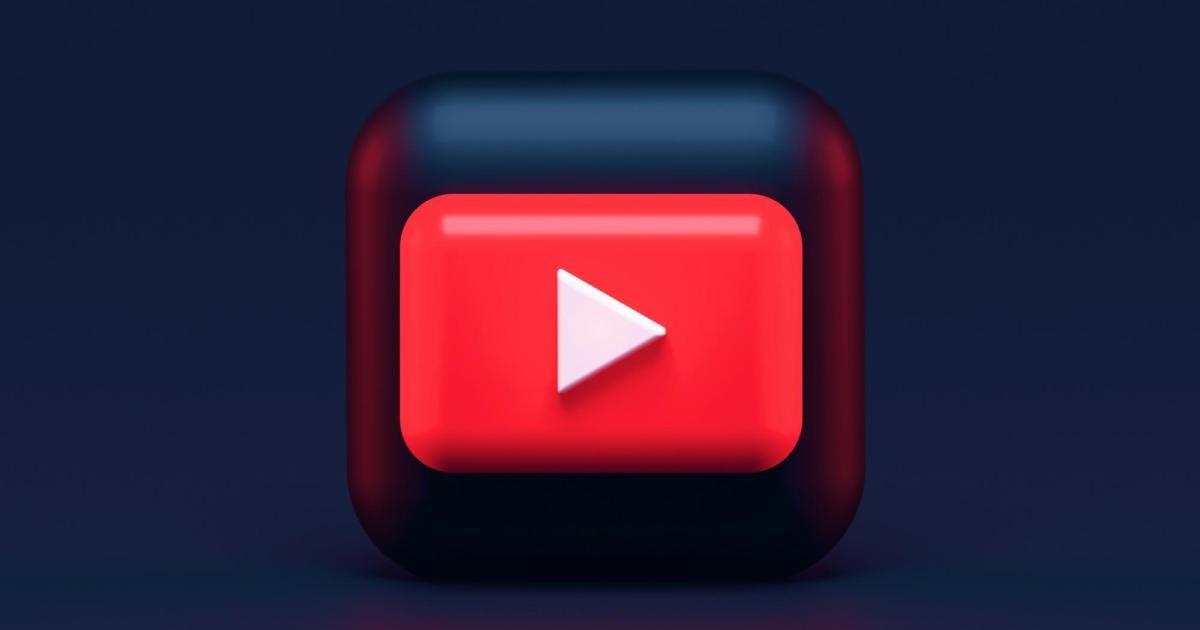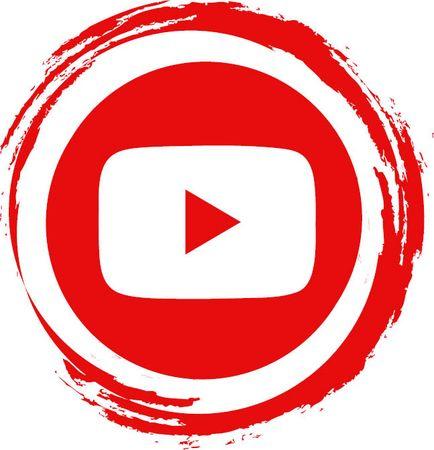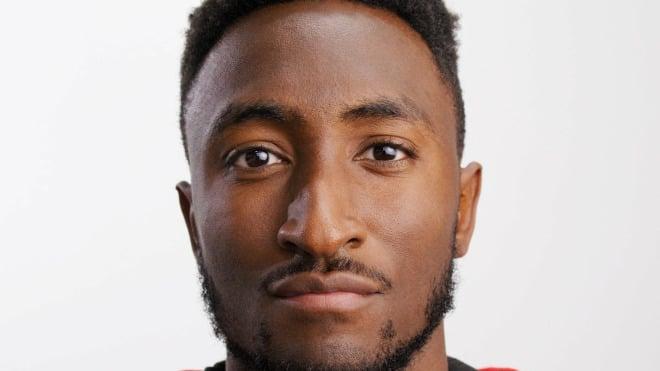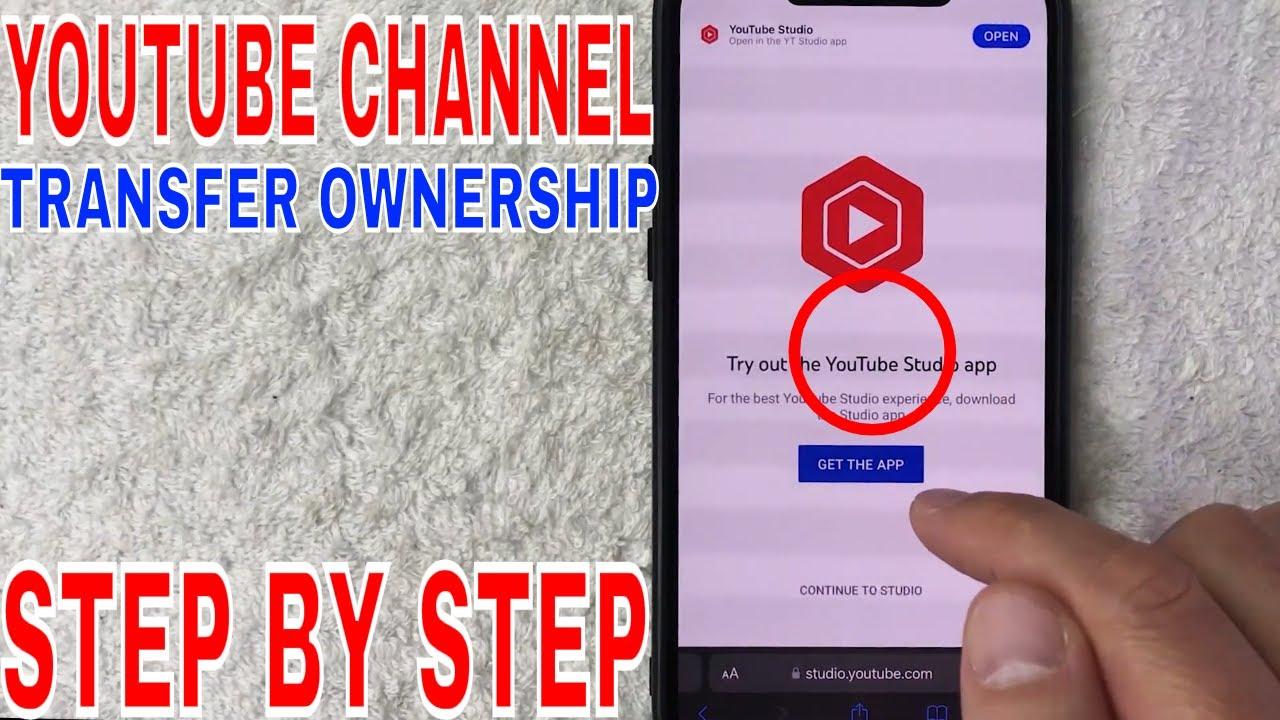YouTube—a platform so ingrained in our daily lives that it feels like a digital neighbor we can’t ignore. Whether it’s watching cat videos when we’re supposed to be working or getting lost in endless tutorials on everything from cooking to quantum physics, YouTube has become a staple of our online experience. But have you ever stopped to wonder about the roots of this colossal platform? Who really owns it, and what does that ownership say about its influence on our culture and society?
In this article, we’re diving into the surprising legacy of YouTube, peeling back the layers of corporate ownership and exploring how it shapes what we see—and what we don’t. Join me on this journey as we unpack the fascinating history of YouTube and discover the players behind the curtain. Trust me, you might be surprised by what you find! So grab your favorite snack and let’s get into it—because the story of YouTube is more than just viral videos; it’s a complex tapestry woven from innovation, corporate intrigue, and a little bit of chaos.
The Birth of YouTube: From Humble Beginnings to Global Phenomenon
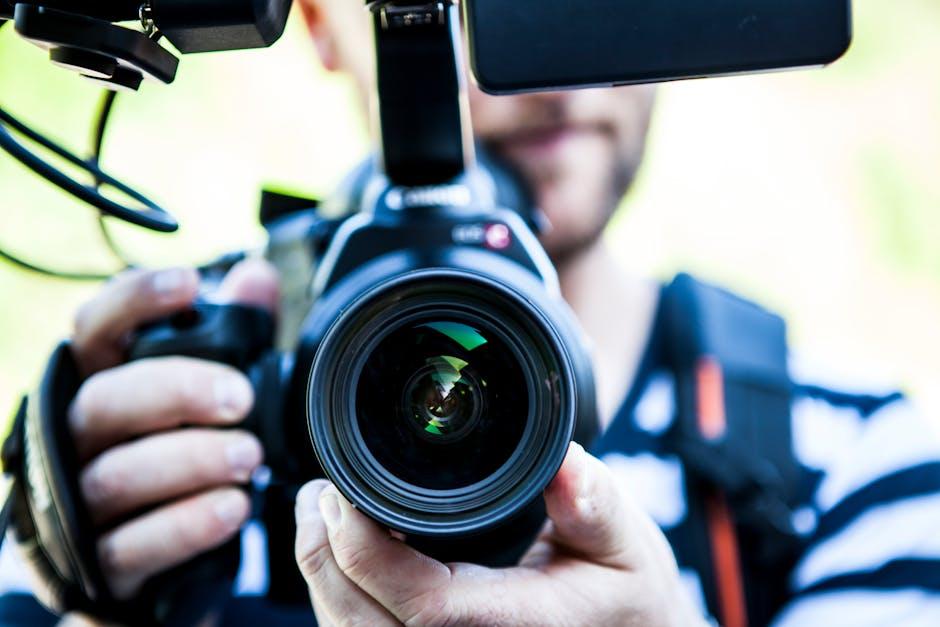
The journey to YouTube’s current stature is nothing short of remarkable, sprouting from a simple idea among three former PayPal employees in 2005. They envisioned a platform where anyone could share their video content. Does this sound familiar today? But back then, the concept of uploading personal videos for the world to see was revolutionary! In its infancy, YouTube was just a modest video-sharing website, populated by early adopters eager to showcase everything from cooking hacks to skateboarding stunts. And who can forget the first-ever video titled “Me at the zoo”? Who knew that simple clip would spark a global revolution in how we consume media!
Fast forward to now, and YouTube has morphed into a multimedia juggernaut, boasting over 2 billion logged-in monthly users. Creators have flourished, building careers and fanbases while showcasing an immeasurable variety of content. Consider this: 90% of users say they discover new brands or products on YouTube. In a world dominated by influencers, imagine the power this platform holds! With its vast reach, YouTube isn’t just a video-sharing site; it’s a cultural touchstone that shapes trends, influences opinions, and even drives social change. So, who holds the reins to this phenomenon? That’s where things get intriguing!
Navigating the Corporate Landscape: Who Holds the Keys to Content

When it comes to the digital realm, especially a behemoth like YouTube, the question of ownership is as tangled as a web of cables in a tech junkie’s garage. Sure, it started as a simple platform for sharing videos, but over time, it’s morphed into a massive ecosystem that thrives on the creativity of its users. Who holds the keys? Well, it’s a joint effort. At the heart of it, you’ve got Google, the tech giant that bought YouTube in 2006, pulling the strings behind the scenes. But let’s not forget the real stars of the show: the content creators. They are the lifeblood of YouTube, providing the unique flair that keeps viewers glued to their screens. Like a symphony, it’s a collaboration where every instrument plays a vital role, but can you really say that one musician owns the music?
In this curious dance of ownership, viewers don’t just passively consume; they shape the very culture of the platform. This ecosystem has led to a fascinating paradox: while Google may have the infrastructure, it’s the millions of creators continually uploading content that essentially own the viewer’s attention. Think about it—each video is like a small key that unlocks a different corner of audience interest. The relationship is reciprocal, much like a thriving marketplace where both the vendors and customers must engage for it to flourish. As creators harness their voices and experiment with content, they redefine what YouTube can be, pushing the boundaries of what we consider mainstream entertainment and sometimes, even impacting popular culture as a whole!
The Creators Dilemma: Balancing Artistic Freedom and Corporate Influence

As creators dive headfirst into the vast ocean of YouTube, they often find themselves navigating the treacherous waters of artistic freedom versus corporate influence. Imagine being a painter, brush in hand, only to have someone peek over your shoulder, critiquing every stroke. It’s almost suffocating, right? On one hand, creators want to express themselves authentically, pouring their hearts and souls into their content. They yearn for the true essence of their craft to shine through, capturing the spontaneity and originality that makes their work unique. But then there’s the looming pressure from platforms’ algorithms and monetization policies that can feel like a tightening noose around their creative necks.
To put it simply, the tug-of-war between self-expression and the demands of the corporate machine often leads to some tough decisions. For instance, creators might find themselves weighing brand deals against their personal values. They could be forced to alter their narratives not because they want to, but because the corporate overlords dictate so. The challenge is further exacerbated by viewer expectations shaped by trending topics and viral concepts. This creates a tricky landscape where creators must ensure they remain relevant while staying true to their artistic vision. So, how do they forge ahead? It often feels like walking a tightrope, where one misstep could spell disaster for their careers.
Looking Ahead: The Future of YouTube Ownership and Its Impact on Content Creators
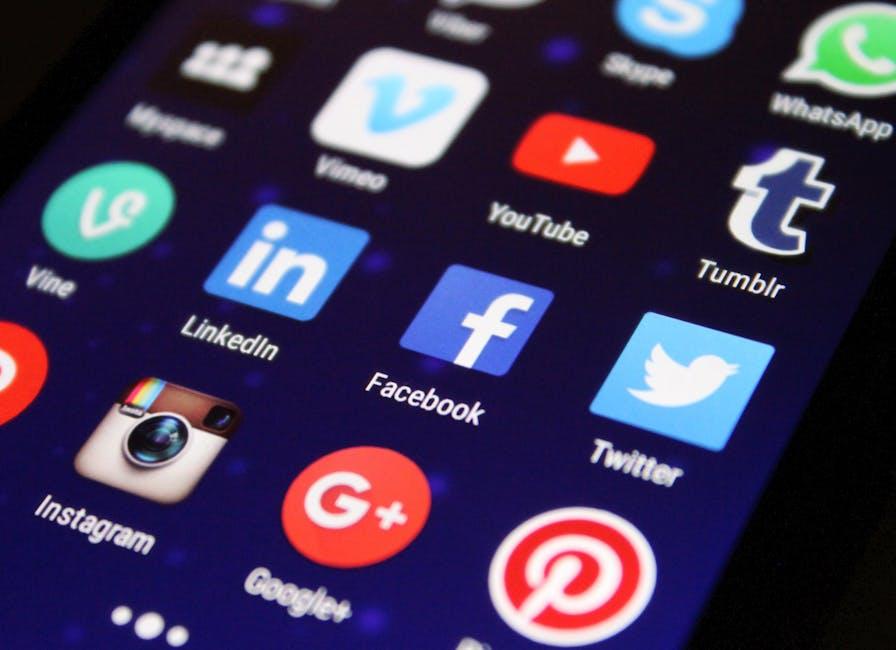
As we gaze into the crystal ball of YouTube’s future, it’s clear that ownership dynamics are evolving faster than one can hit “pause” on a video. With the rise of decentralized platforms and burgeoning content creator communities, the traditional view of YouTube as a monolithic entity may soon take a backseat. Imagine a landscape where creators wield more power, driving both innovation and monetization. Platforms are starting to realize that the very lifeblood of YouTube is its creators—those who tirelessly produce content we all enjoy. And guess what? They’re no longer satisfied with scraps from the table.
What does that mean for the everyday content creator? Well, it opens up a treasure trove of possibilities! With the potential emergence of new business models and monetization strategies, creators are primed to explore various channels to assert their influence. Here are a few trends to watch for:
- Direct Fan Support: Platforms like Patreon are leading the charge for direct creator support.
- Revenue Sharing Models: More equitable systems could become the norm, redistributing wealth fairly.
- Niche Communities: Smaller platforms can emerge, fostering safe spaces for marginalized creators.
Emerging technologies, such as blockchain, might also bring about decentralized ownership models, ultimately giving power back to the creators. Imagine a world where artists truly control their work and receive appropriate compensation for their creativity. The future is bright, and if the creators play their cards right, they could pave a new road in digital content creation that’s fair, fulfilling, and lots of fun!
In Retrospect
And there you have it! As we wrap up our deep dive into the captivating world of YouTube and its intriguing ownership saga, it’s clear that this platform is more than just a digital playground; it’s a tapestry woven from countless creators, audiences, and, of course, the tech giants steering the ship. YouTube isn’t just owned by a company; it’s a vibrant ecosystem thriving on the creativity and passion of millions.
So, what does ownership even mean in the age of social media? Is it the shareholders raking in profits, or the content creators who turn everyday moments into viral treasures? Perhaps it’s a bit of both. Just like a shared playlist with your best friends, YouTube’s legacy is built on collaboration, connection, and some surprisingly powerful voices.
As you scroll through your feed or dive into that next binge-worthy series, remember that YouTube is a living, breathing community. Every view, like, and comment shapes the platform’s future, and in some ways, makes each of us a part-owner in this phenomenon. So, let’s keep the conversation going! What are your thoughts on who really steers the ship? Share your insights in the comments, and who knows—maybe the next big creator will emerge from this very discussion. Until next time, keep watching and keep sharing the love!
